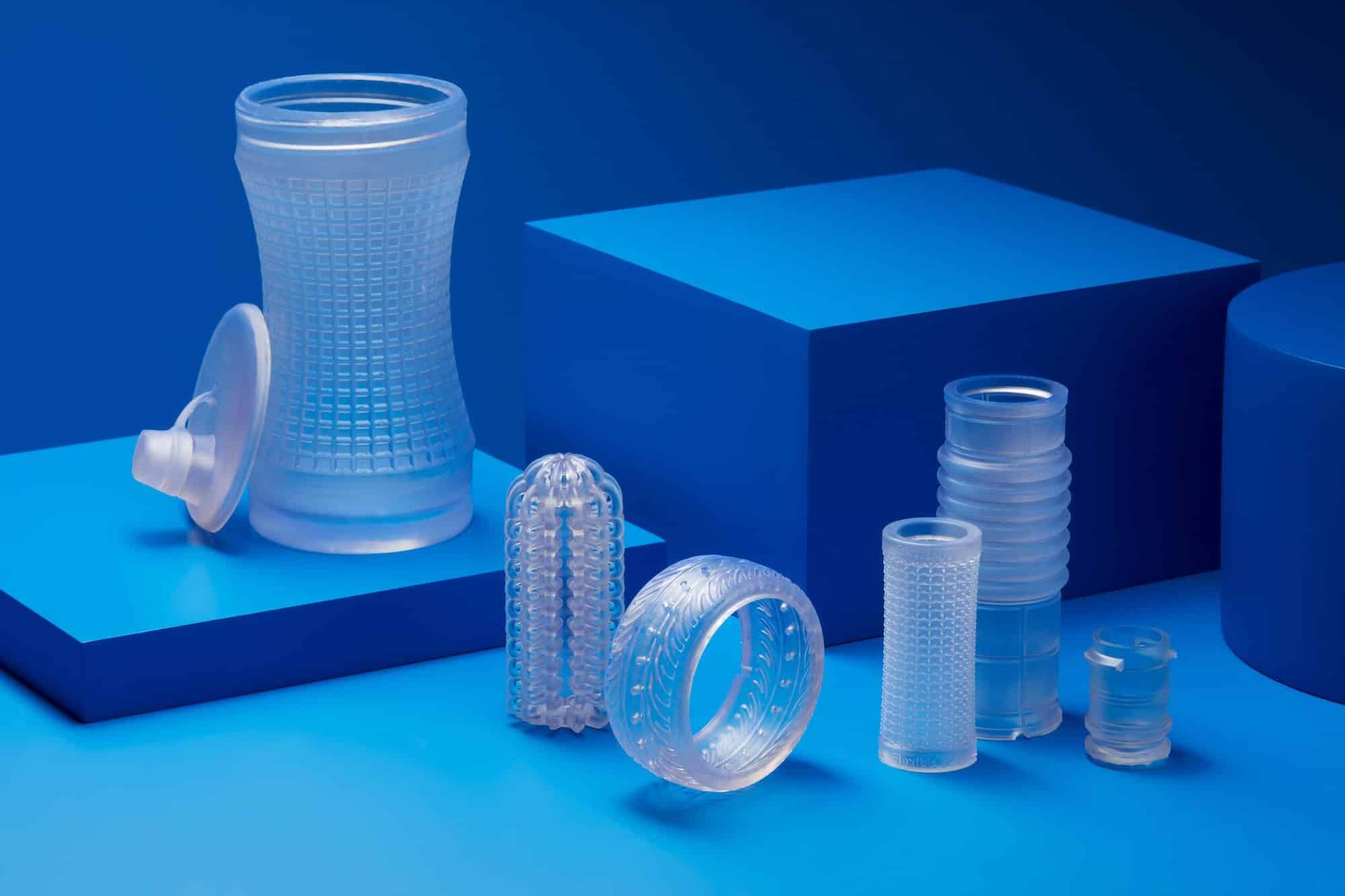
Thiourea (CS(NH₂)₂) is used in resin materials for its benefits as an additive or modifier.
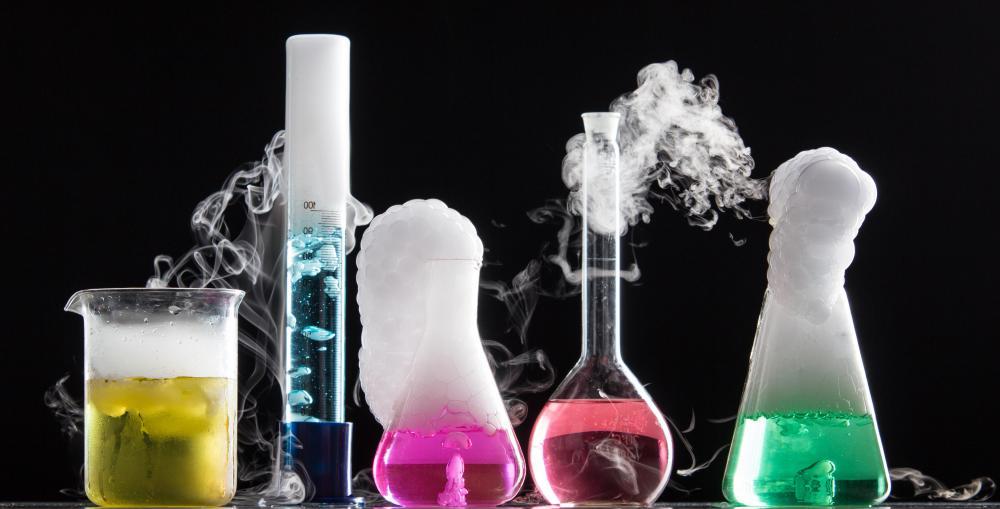
Thiourea (CS(NH2)2) has a variety of chemical properties, which determine its wide application in many fields. The following are the main chemical properties of thiourea:

There are also some risks and limitations in the use of thiourea. For example, excessive use of thiourea may have adverse effects on aquatic organisms and may even cause the death of aquatic animals. In addition, thiourea is also listed as a Class 3 carcinogen by the World Health Organization's International Agency for Research on Cancer, which further limits its application in food production. Therefore, when using thiourea, it is necessary to strictly control the dosage and ensure that it does not have a negative impact on the environment and human health.
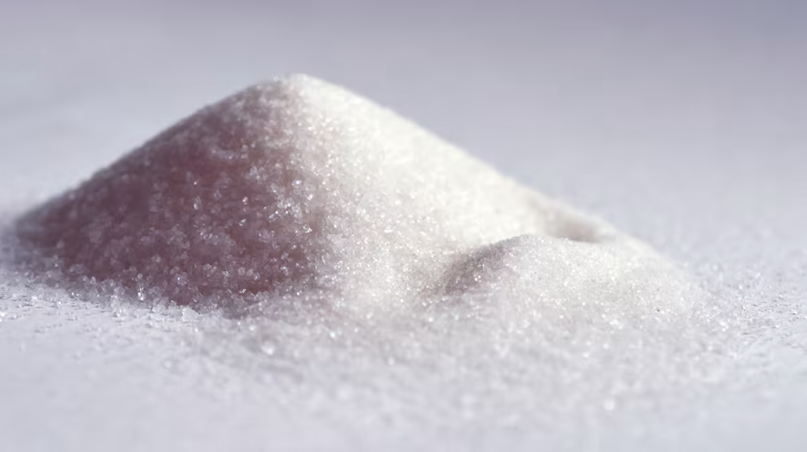
The quality of thiourea is affected by many factors, including the quality of raw materials, production process, reaction conditions, storage conditions, etc. The following are some of the main factors affecting the quality of thiourea:
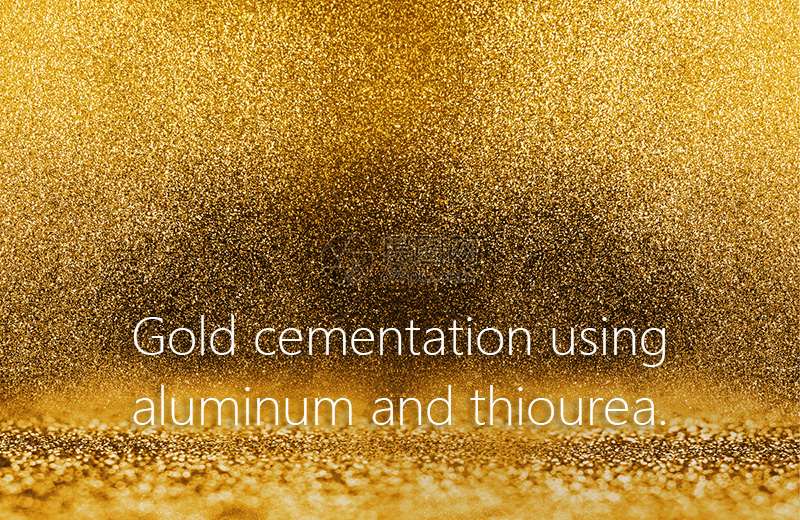
Selective Cementation of Gold Using an Iron Oxide and Zero-Valent Aluminum Galvanic System from Gold–Copper Ammoniacal Thiosulfate Solutions.
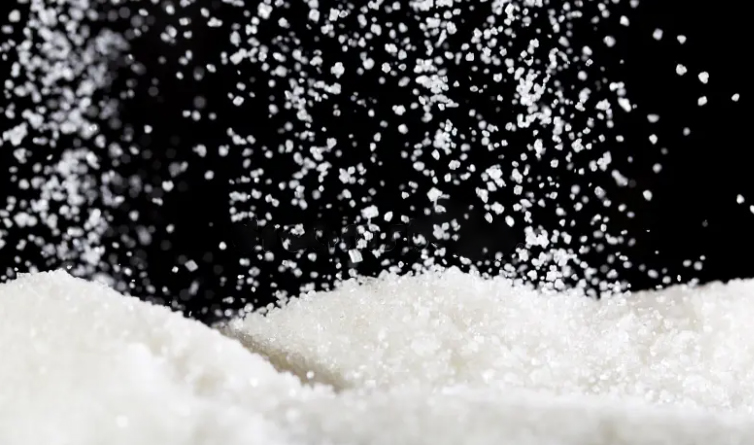
Thiourea is like the eco-conscious cousin of traditional gold leaching methods. Picture it as the Prius of the metallurgical world—efficient, less harmful, and with a smaller carbon footprint.